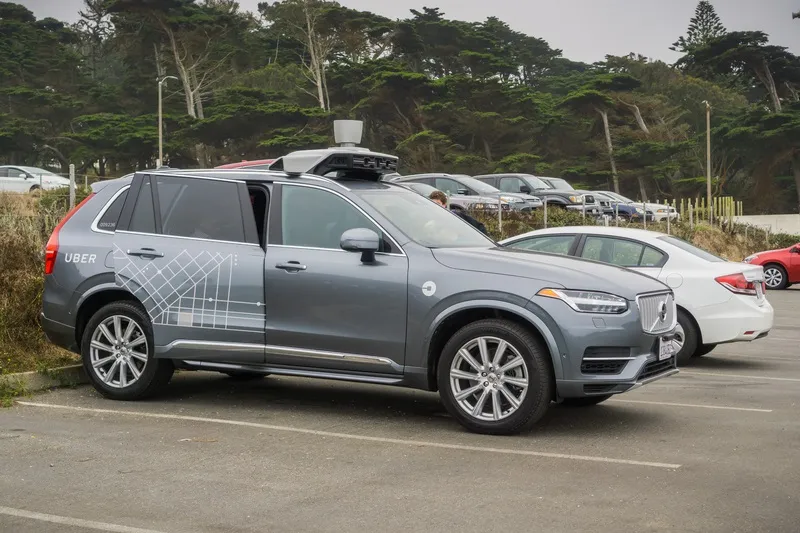The autonomous service will run this autumn at
The 12-person Easy Mile Ez10 Gen 11 shuttle will operate at 12mph and brake automatically when it detects obstacles or manoeuvre around them safely. A ‘safety attendant’ will remain on board.
Transdev has confirmed it will test the shuttle with students and families on the run-up to the pilot.
Dick Alexander, executive vice president of mobility innovation at Transdev, says the service will offer an important mobility option for children.
The company intends to eventually offer a service which allows students and parents to book on-demand and door-to-door shuttles based on individual needs.
Babcock Ranch is a newly-built solar-powered community, which will eventually include 19,500 homes and six million square feet of commercial space.
The partnership has been offering an autonomous shuttle service since the town opened in January to provide an alternative to travelling by cars.
Transdev trials autonomous school shuttle in Florida
Public transport operator Transdev is to launch a driverless shuttle for school children in Florida.
The autonomous service will run this autumn at Babcock Neighbourhood School in the new town of Babcock Ranch, north-east of Fort Myers.
The 12-person Easy Mile Ez10 Gen 11 shuttle will operate at 12mph and brake automatically when it detects obstacles or manoeuvre around them safely. A ‘safety attendant’ will remain on board.
Transdev has confirmed it will test the shuttle with students and families on t
September 6, 2018
Read time: 2 mins
Public transport operator 8574 Transdev is to launch a driverless shuttle for school children in Florida.
Related Content










